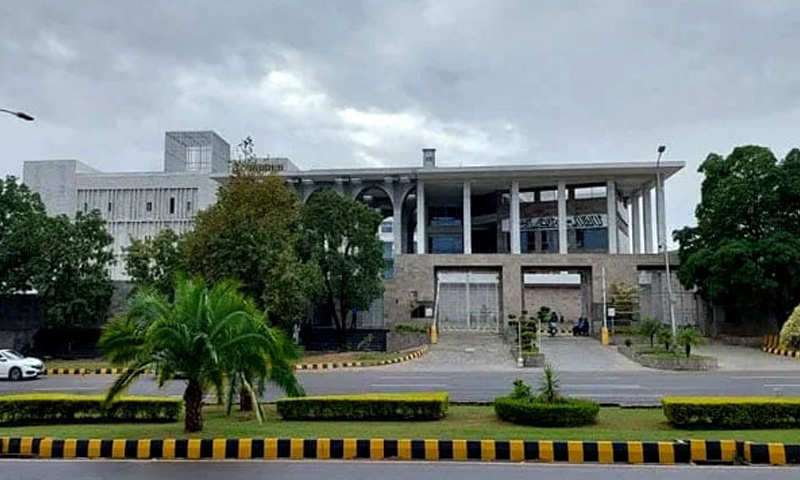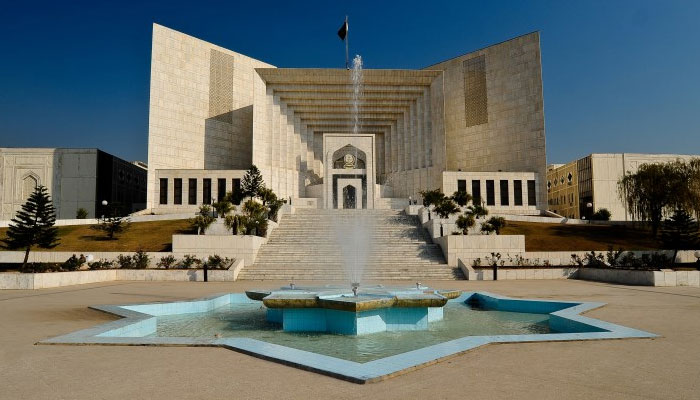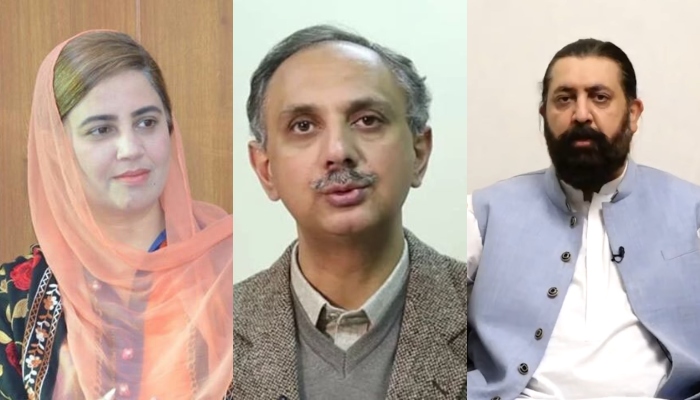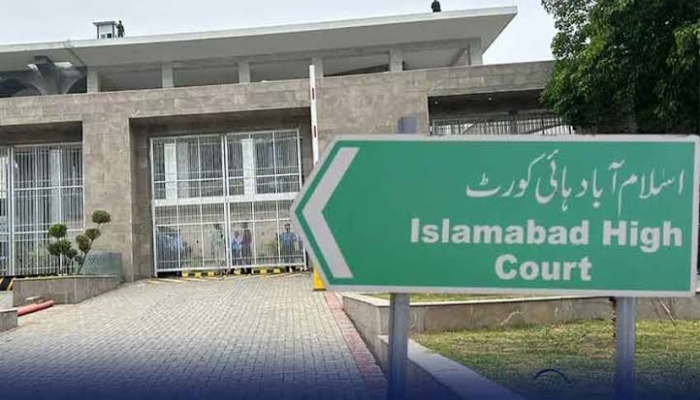LEGAL

Chief Justice of Pakistan, Yahya Afridi, hosted a delegation from the Civil Services Academy (CSA) Lahore at the Supreme Court on Tuesday, providing them with a detailed overview of Pakistan’s constitutional development and the evolving role of the judiciary in the country. The delegation, consisting of probationary officers undergoing training at CSA Lahore, visited the apex court as part of their study tour.
During the meeting, Chief Justice Afridi congratulated the officers on their success in entering the civil services through a competitive examination and highlighted the vital role of the Constitution as the cornerstone of Pakistan’s governance. He shared the journey of the Constitution from the country's inception in 1947 to the recent passage of the 26th Amendment in 2024.
The CJP elaborated on the concept of the "trichotomy of power," emphasizing the separation and interdependence of the three branches of the state: the legislature, the executive, and the judiciary. He explained that while the legislature is responsible for creating and amending laws, the executive implements them, and the judiciary interprets the laws and ensures justice.
A key point of discussion was the issue of case pendency in Pakistan's judicial system. The CJP acknowledged the growing backlog of cases, with approximately 57,347 cases pending in the Supreme Court alone, and 2.4 million cases across all judicial tiers. He underscored the importance of addressing these delays to improve public trust in the judiciary and enhance the accessibility of justice for all citizens.
Highlighting the pivotal role of district courts, CJP Afridi stressed that they are the first point of contact for litigants and are crucial in the litigation process. He also mentioned the work of the National Judicial Policy Making Committee, which is actively addressing the backlog and working towards a more efficient judicial process.
The CJP reflected on his visits to remote districts, emphasizing the importance of patient hearings and empathetic engagement with litigants. He encouraged the probationary officers to maintain the values of fairness, justice, and respect in their professional conduct and to strictly resolve issues within the bounds of the law.
SC Registrar Salim Khan also provided an insightful briefing on the ongoing judicial reforms being implemented by the Supreme Court. He pointed out that the reforms focus on making the judicial process more citizen-centric, ensuring quicker, cost-effective justice, particularly for marginalized groups such as women, children, the disabled, and overseas Pakistanis.
The Registrar further emphasized that these reforms, driven by indigenous expertise, are aimed at improving judicial processes rather than expanding the size of institutions, which helps in maintaining efficiency while reducing costs.
As part of this reform agenda, the judiciary is keen on resolving backlogs, improving accessibility, and providing timely justice, all of which are vital to restoring public confidence in Pakistan’s judicial system.




